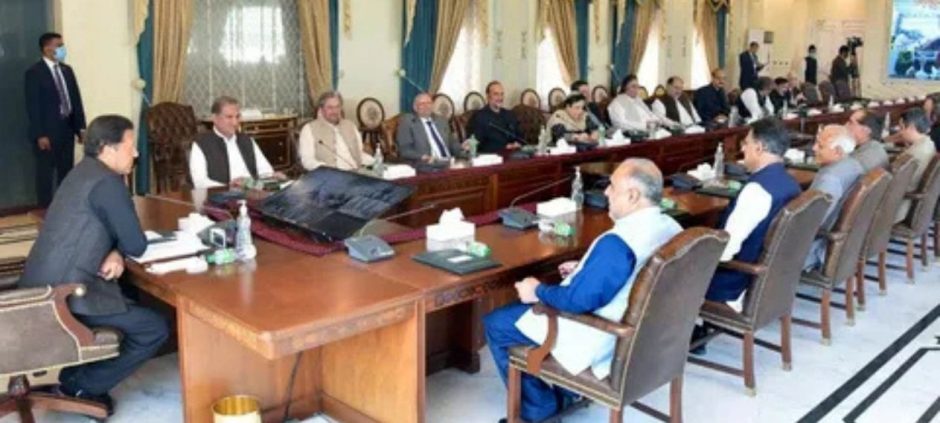PTI quits PAC as the party announced that no member will attend upcoming meetings, a move that underscores the widening political divide in parliament. The decision has stirred debate over accountability and the role of opposition voices in oversight committees.
According to party officials, the decision to quit the Public Accounts Committee (PAC) was made after repeated concerns that the forum was being used to silence dissent rather than strengthen transparency. PTI leaders argue that the committee has failed to address corruption and governance issues effectively.
PTI quits PAC: Why the decision matters
The PTI’s withdrawal from the PAC is significant because it weakens opposition representation in an important parliamentary watchdog body. The committee traditionally serves as a key platform to review government spending and hold officials accountable.
Some important points highlighted by PTI in their decision include:
- Lack of transparency in committee proceedings.
- Growing concerns over biased decision-making.
- Diminishing space for opposition input.
- Unfair treatment of PTI members during discussions.
Leaders further stressed that their boycott is not just a symbolic protest but a reminder that accountability institutions must function independently. The development follows weeks of political turbulence, with PTI claiming that voices of opposition are deliberately being sidelined.
The controversy has also emerged at a time when the judiciary is actively addressing cases involving PTI leaders. Recently, the Supreme Court granted bail to PTI founder Imran Khan, a ruling seen by the party as a sign of judicial independence.
Political reactions after PTI quits PAC
Government allies criticized PTI’s decision, calling it an attempt to escape responsibility. Analysts, however, note that the boycott could weaken parliamentary checks and balances, as opposition input in financial oversight is considered essential for democracy.
Observers argue that the PTI’s stance reflects a broader frustration over what it sees as systemic exclusion. By quitting the PAC, the party aims to draw attention to flaws in accountability mechanisms and highlight its demand for equal representation in legislative affairs.
For citizens, the move raises questions about how government spending will now be scrutinized. Without PTI’s active participation, critics fear the PAC could lose credibility as a truly representative body.
As the standoff continues, political analysts suggest that dialogue remains the only way forward. Without cooperation between government and opposition, committees such as the PAC risk becoming arenas of political confrontation rather than platforms of accountability.











